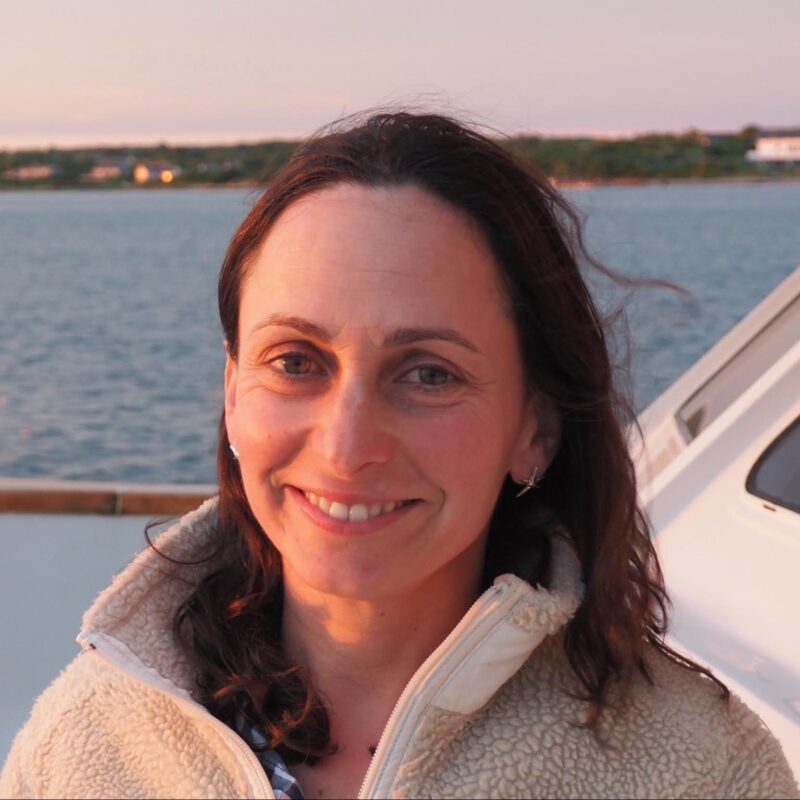- Department of Government
- United States Coast Guard Academy
- Email: Tiffany.C.Smythe@uscga.edu
- Office Location: 31 Mohegan Ave Pkwy
New London, CT 06320 - Website
Biography
Dr. Tiffany Smythe is a marine and environmental social scientist and policy analyst. She has over 20 years of experience in research, writing, teaching, ocean and coastal planning and policy, science communication, and community engagement. Tiffany’s work focuses on marine governance arrangements and community experiences and attitudes related to ocean use conflicts, offshore wind energy, ocean multi-use, and the blue economy. Her peer-reviewed research has been published in journals including Energy Research and Social Science, Marine Policy, and Environmental Communication. Tiffany is currently Associate Professor of Maritime Governance at the U.S. Coast Guard Academy and Adjunct Associate Research Professor with the University of Rhode Island Department of Marine Affairs. Tiffany has master’s and Ph.D. degrees in Marine Affairs from the University of Rhode Island as well as bachelor and master’s degrees from Columbia University. She is also a U.S. Coast Guard-licensed ship captain.

